Educational Philosophy
Our educational philosophy is based on Seven Educational Tiers. These principles bring focus to our educational activities and ensure that our students reach their maximum potential. As students progress in our programs, they are exposed to elements of each tier, with emphasis on different ones at specific times in their musical development.
The Seven Tiers are:
Notation Reading: the ability to comprehend and transmit musical notation to an instrument.
Technical Proficiency: the physical aspect of playing an instrument, such as strumming or breathing. Proper technique builds dexterity, tone, and intonation, and is paramount to playing an instrument well.
Theoretical Understanding: includes an understanding of chords, scales, arpeggios, rhythm, melody and harmony. Learning music theory helps a student gain independence and makes transitions from one instrument to another more seamless.
Ear Training: includes intervallic, chordal, and scalar recognition as well as transcription.
Improvisation: the ability to play spontaneously on one’s instrument. Contrary to what many believe, improvisors do not select random notes, but rely heavily on an extensive knowledge of music theory coupled with a highly trained ear.
Composition: the art of writing music. Composition utilizes each of the other six fundamentals to varying degrees and requires an intimate knowledge of the physical capabilities of one’s instrument.
Historical Context: the perspective gained when a thorough understanding of the historical development of an instrument, musician, or genre is attained. Historical perspective is essential for proper performance technique, and also increases appreciation for various styles and composers.










